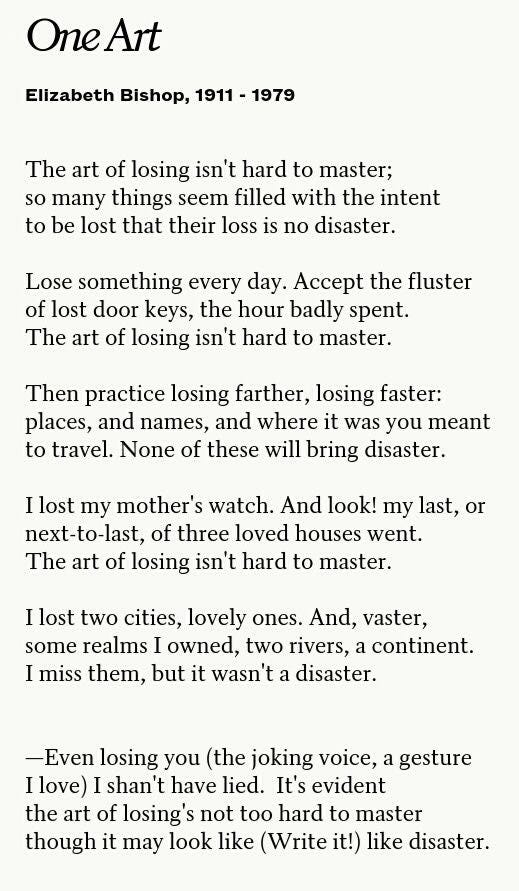hello there. the year is nearly over, and i wanted to make sure i leave you with two more essays before we say goodbye to 2024. before we start, i should mention that i wrote this while listening to Borderline by Jordan Rakei and essentially an entire body of artists signed to the Higher Ground record label. do with those recommendations what you will, but just know that you’ll be thankful that i have graced you with such delicious tunes. it’s only an earnest pleasure.
thank you for sticking around x
i’ve been looking for myself in art lately. not for any particular reason, except to condemn myself for not doing so sooner. one evening, i read a piece curated by Mary-Kim Arnold titled ‘‘How much of creation is a seance?’’ A conversation with Sabra Embury. i love this title, by the way. in it, Arnold asks Embury about her then-latest collage project, inspired by a ‘mysterious stack of magazines’ found on a Brooklyn sidewalk. Embury goes on to describe how she became inundated by ideas of change, progress, and truth. eventually, she felt compelled to let the narrative of the collage speak for itself, without her immediate interference or anxious-typecast editing. ‘ready to collaborate,’ so to speak.
at some point in the interview, Embury said something i quite liked: ‘‘I’d say the first decent collage didn’t happen until I was at least 6 months in and really submitted to the process—when I stopped deliberately trying to make weird and beautiful things happen, and just let go.’’
this lack of deliberation drew me closer to studying Embury’s other works. what i found was a deep-seated infatuation with the reality that people have shown up for themselves in the past, in ways that elevate their intuition and open their hearts. essentially, trusting both themselves and the communities around them. for centuries, we’ve created and released things into the atmosphere with reckless abandon, just as much as we’ve meticulously thought through our creations. all of this got me thinking rather critically about loss—losing myself, others, opportunities, passions, and moments. and what better way to explore how these two things- letting go and losing- birth magic, than through a poem that speaks almost provocatively to their connection: One Art by Elizabeth Bishop.
i fancy myself a casual loser. there’s a strange joy in recognising yourself as someone who can handle the punches, fully aware they’ll likely end in tears. it’s not that i lack belief in myself or feel incapable of succeeding; rather, even in line with my (redacted and pending) definition of success, i’ve made peace with the eventual face-plant. the earth-eating, backbreaking fall isn’t daunting—and i admire that about myself. in One Art, Elizabeth Bishop echoes this sentiment with surprising tenderness. there’s a playful jest in her approach; even as she reflects on losing things that matter deeply, like her mother’s watch or an old town she once called home, her tone remains steady. i like how she frames loss as intentional; as if it’s something that is meant to happen. there’s a message there: it’s not just the things we lose that choose to leave but, perhaps, we also choose to lose them.
sometimes, we perceive holding on, as a strictly linear act. but i like to think that whenever you hold on, you’re also letting go of something else. there’s always an exchange taking place, so letting go isn’t entirely intentional—it’s often a byproduct of prioritising. to close one door is to leave a window open, and eventually, something has to give. Bishop captures this beautifully: ‘so many things seem filled with the intent to be lost that their loss is no disaster.’ we know this; it’s ingrained in us. and perhaps that’s why it hurts so much when we lose something, someone, or even a version of ourselves.
returning to Sabra Embury’s idea of abandoning deliberate attempts to create ‘weird and beautiful things,’ i find that intention takes on a different shape when you step back. you arrive in a sacred space where everything—what was and what continues to be—meets you with raw authenticity. the process becomes drenched in ingenuity, precisely because it is untouched by overthinking or control. don’t get me wrong, intention is vital. it forms the backbone of so much of what we do in the world. but sometimes, the application of intention requires deliberate indifference. as i mulled this over, i was fiendishly reminded of Hamlet’s eternal question: ‘to be or not to be?’ well, that’s the thing, isn’t it? they are both the same answer to an evasive question. it all feels a bit like Plath and her fig tree—a literary theory of relativity. these things seem to matter less as we grow closer to the idea that loss isn’t all that hard to master, particularly in its subtle ironies.
i really appreciate Bishop’s pointed reference to losing someone in a way that indirectly informs your writing—or your living, depending on what you’re doing. the final stanza feels humorous and light, yet her address to this person carries an unexpected intensity: ‘Even losing you, the joking voice, a gesture I love) I shan’t have lied. It’s evident the art of losing is not hard to master // though it may look (Write It!) like disaster.’ the honesty and bluntness about how hard this process is, is buried in subtleties—a gesture once loved and the sound of a familiar voice. it’s that honesty that adds depth to the act of indifferent creating. remembering has a way of pulling from both intention and helplessness in a strangely beautiful way. but more than that, acknowledging how loss has shaped your creative expression, often without your explicit intent—that’s where the magic truly happens. and it will look messy and scattered sometimes. those streaks of sporadic emotion can be healing if we allow them to cement into the work. but choosing to let it happen naturally…that’s what stimulates meaningfulness without veering into pretentiousness or feeling gimmicky.
in a state of constant loss and as a self-proclaimed loser (said with so much love toward myself), i find joy in treating everything i’ve lost this year with a sense of jest. not flippancy, but a mindful and grateful acknowledgement of what once was, paired with a light-hearted curiosity for the space i now have to grow and develop. i’ve created so much by allowing myself to be moved without intention. and even more in the face of losing anything and everything. weird and beautiful things are happening because they are drawn to the invitation i’ve extended for them to do so. the things i am losing are making room for other wonderful things i will lose in the future. and somehow, that feels so insanely fun.
that’s all for now. thank you for reading, sunshine. please go back and read One Art and have a look at the earlier interview and the rest of Sabra Embury’s awesome pieces on her website.
yours,
Thando. x







